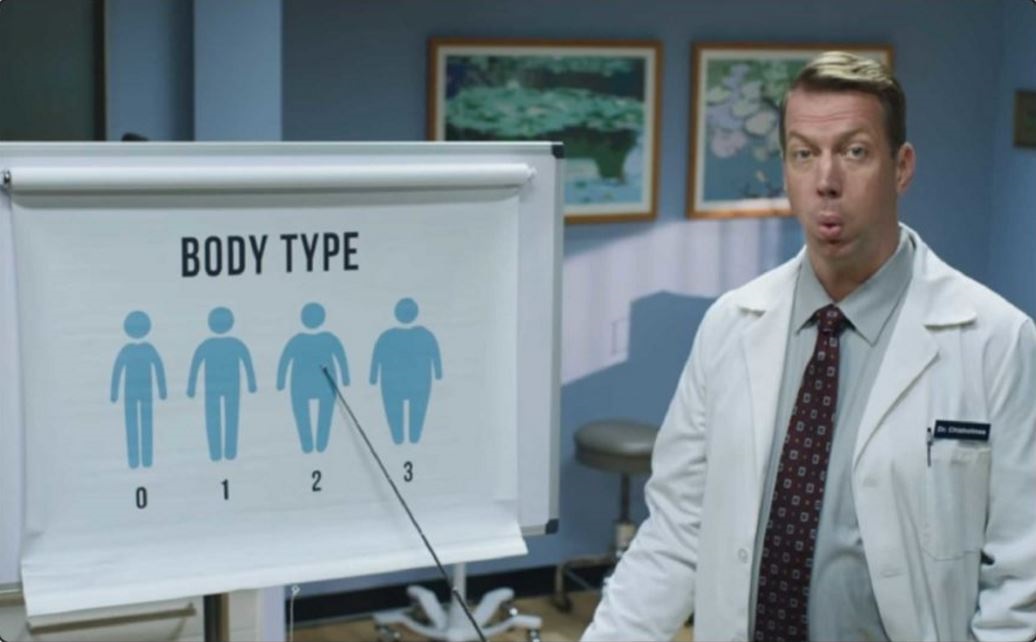Have you heard of prediabetes?
If not, then you join plenty of people worldwide who remain in the dark about this condition.
In fact, 8 out of 9 people with prediabetes themselves do not know that they have it, much less the complications that come with it.
Prediabetes is the condition that precedes a full-blown diabetes. It means your blood glucose level is higher than normal but not high enough to be diagnosed as type 2 diabetes mellitus.
The condition is reversible, if you are willing to do the necessary lifestyle changes. However, the key here is early detection. Given that prediabetes does not have any observable symptoms, most people go on with their lives without being aware that they have the condition.
The only way to find out is to know your risk factors. If you are considered high risk, you should have your blood sugar tested.
The next question is: how likely are you to have prediabetes?
We’ve gathered five reliable tests you can take so you can assess your risk level. Note that this does not necessarily mean that you have prediabetes; only to see your chances of having it.
1. CDC Prediabetes Screening Test
Created by the Centers for Disease Control and Prevention (CDC), this screening test is part of the organization’s National Diabetes Prevention Program aimed to reach out, raise awareness about the disease, and encourage people to seek treatment.
Take this test consisting of seven simple questions, all answerable by yes or no. Tally your points and see how much of a risk you have regarding prediabetes. Since it comes in PDF form, you can even print this out and share with your family.
2. Do I Have Prediabetes website questionnaire
Touting itself as “the first of its kind,” this PSA (public service announcement) campaign is the joint project of the CDC, American Diabetes Association, American Medical Association, and the Ad Council.
Launched in January 2016, the homepage brings to the fore the sobering fact that “1 in 3 American adults have prediabetes.” The test, consisting of multiple choice questions, only needs a minute of your time. The website would then do the tallying for you.
According to the CDC, this questionnaire is not a diagnostic tool; merely an avenue where awareness and discussion can begin.
3. Do I have Prediabetes video quiz
If you prefer to watch a video rather than read text, this test is for you.
 Similar to its website counterpart, this video only takes one full minute to assess your risk for prediabetes. Partnering with the Ad Council, this version takes a more humorous approach. In a way that still keeps with the urgent tone of the advocacy.
Similar to its website counterpart, this video only takes one full minute to assess your risk for prediabetes. Partnering with the Ad Council, this version takes a more humorous approach. In a way that still keeps with the urgent tone of the advocacy.
It works by holding up a finger for every yes answer to seven simple questions about your lifestyle and your medical history. If you are raising at least five fingers by the end of the video, you probably have it.
4. Diabetes Canada’s questionnaire

It’s not only the US that is pushing the advocacy for prediabetes awareness. Up north the US border, Canada also joined this movement, starting with their two-minute online test.
Every question has a short explanation as to how each part of your lifestyle and medical background contributes to prediabetes. Users can also answer the 12-step questionnaire in French.
5. Self-assessment test by the Annals of Internal Medicine
Published in the December 2009 issue of The Annals of Internal Medicine, researchers from Cornell Medical College built this questionnaire based on data gathered from 5,285 study participants.
The test is straightforward. There are six questions you need to answer. The questions have corresponding points that you need to add or deduct for each choice. Tally the points in the end to see the result. If your score falls into high risk parameter, the test encourages you to see your doctor.
Be tested
Prevention will always be better than cure. Same with prediabetes, countering it before it fully develop into diabetes is infinitely preferable. And before you counter it, you should first know if you have it or not. Whatever your risk may be, all these tests conclude that prediabetes is a worldwide epidemic that needs to be addressed. It’s a real condition and it is more common than most people believe.
Be more proactive of taking care of your health by taking these tests, you can always try taking dietary food supplements for diabetes if you’re looking to lower your blood sugar to be safe. If most of your results say you are at a high risk, schedule an appointment with your doctor and ask to have your blood sugar tested.







